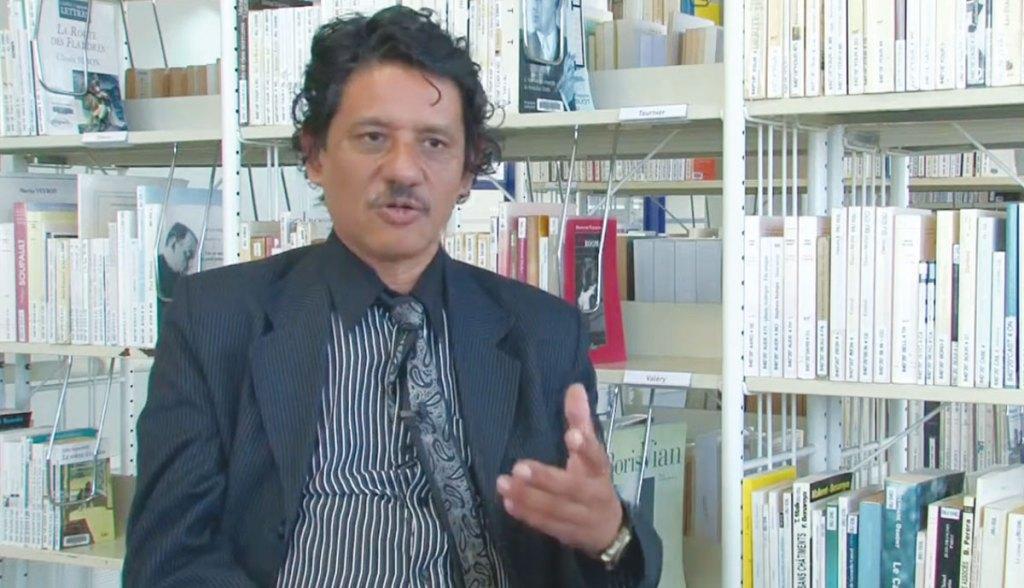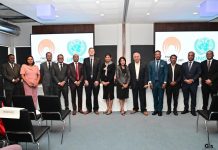
Africa-Press – Mauritius. Does the hassle encountered by the PTr-MMM-PMSD alliance to find a strategic place to hold their congress hide a real apprehension on the part of the government alliance as to the challenge represented by this new united opposition force which, he recognize, succeeded in his show of force at Mare d’Albert?
Jocelyn Chan Low: That the opposition alliance is encountering difficulties and administrative obstacles in its mobilization campaign, it is hardly surprising.
The current regime, like the previous one, has always used administrative blocking in the face of attempts to mobilize both traditional and extra-parliamentary parties, or even non-compliant NGOs.
The spirit of fair play, so essential to democratic culture, still has a long way to go within the political class in Mauritius. One should not read in these hassles, totally predictable, anything other than the fact that they are in the continuity of a practice that has lasted for years.
It is true that the MSM and its allies have every interest in breaking the mobilization and explanation campaign of the Ptr-MMM-PMSD alliance to prevent a real synergy from developing between the supporters of these three parties, and creates momentum that could lead them to victory in the next general election.
They will not make a gift to the opposition and they will use all the levers to achieve this. * This successful move by the red-purple-blue opposition to Mare d’Albert is perhaps significant insofar as it will have given us an indication of the current balance of power on the chessboard.
Does it look more balanced to you and are the two major forces on the board at 50:50? Indeed, from a political communication point of view, the opposition alliance had to get off to a successful start in Mare d’Albert.
The place was well chosen and the mobilization of the die hards was a success. However, the MSM also succeeded in its crowd effect through the mobilization of young people last Saturday, although there were allegations that young Bangladeshi workers were present at the party congress.
In fact, these gatherings are only shams. To properly gauge the situation, an impartial survey, conducted in a rigorous manner, would be needed. On paper, if we rely on the figures for the 2019 general elections, the combined electorate of the opposition parties was much larger than that of MSM and its allies, which received only 37% of the votes cast (28 % of the electorate).
But the few polls carried out since have revealed that the vast majority of the electorate no longer find themselves in the traditional parties or in the existing extra-parliamentary parties.
However, among those who still support these parties, Pravind Jugnauth far outranks Navin Ramgoolam as the preferred prime minister. The others are out of the running. At this stage, it is therefore very risky to venture into the field of predictions. * Nevertheless, everything remains to be played.
The MSM disposes of the state apparatus and the national budget; moreover, it practices a policy of proximity and above all of targeting the electorate with particular attention to the old and the young. Do you see this as a profitable strategy with a more opportunistic electorate than in the past?
It is in the pure tradition of the MSM which was founded in power, when Sir Anerood Jugnauth was Prime Minister, to fully use all the levers of the state apparatus to consolidate and extend its electoral base.
The MSM is accustomed to this exercise and to the powerist excesses that are very often associated with it. It’s all about the budget, the development of public infrastructure, housing policy, etc.
Besides, who created the National Development Unit (NDU) in 1988, and the Parliamentary Private Secretaries (PPS)? But if all this contributes to improving the quality of life and the well-being of citizens and, more particularly, of those at the bottom of the social ladder, so much the better.
For More News And Analysis About Mauritius Follow Africa-Press






